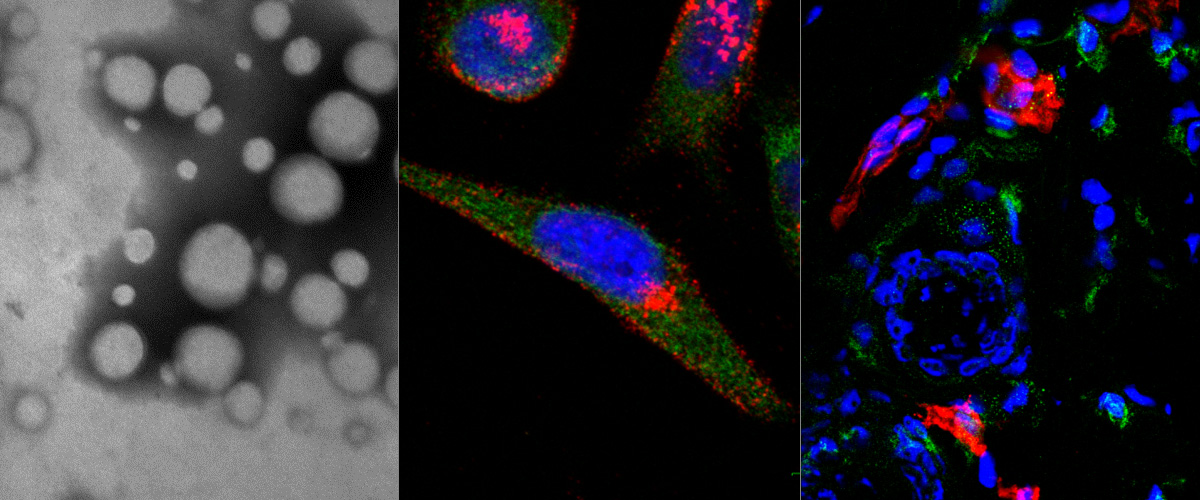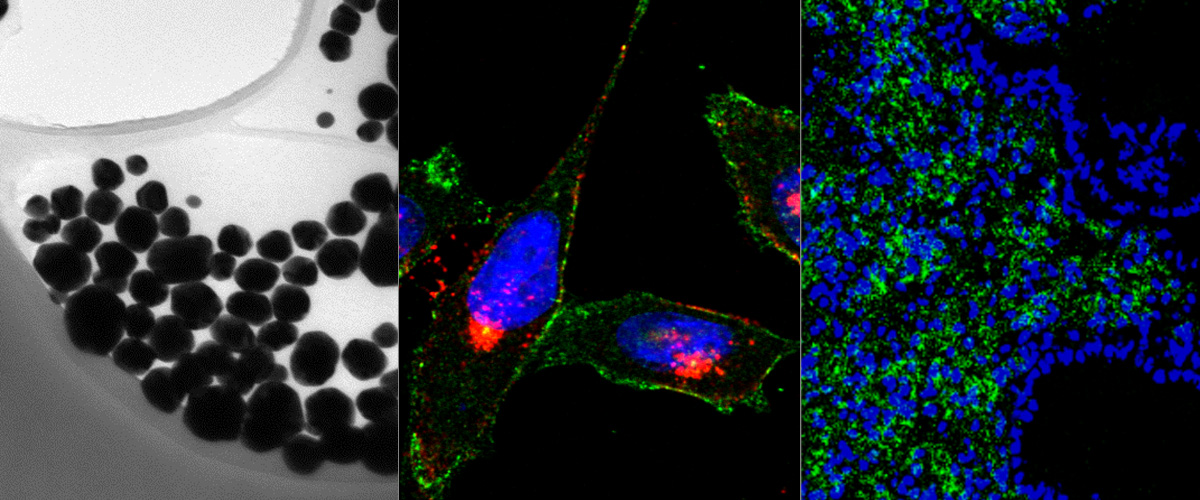https://pubmed.ncbi.nlm.nih.gov/32035108
Abstract
Using phage peptide library screening, we identified peptide-encoding phages that selectively home to the inflamed central nervous system (CNS) of mice with experimental autoimmune encephalomyelitis (EAE), a model of human multiple sclerosis (MS). A phage peptide display library encoding cyclic 9-amino-acid random peptides was first screened ex-vivo for binding to the CNS tissue of EAE mice, followed by in vivo screening in the diseased mice. Phage insert sequences that were present at a higher frequency in the CNS of EAE mice than in the normal (control) mice were identified by DNA sequencing. One of the phages selected in this manner, denoted as MS-1, was shown to selectively recognize CNS tissue in EAE mice. Individually cloned phages with this insert preferentially homed to EAE CNS after an intravenous injection. Similarly, systemically-administered fluorescence-labeled synthetic MS-1 peptide showed selective accumulation in the spinal cord of EAE mice. We suggest that peptide MS-1 might be useful for targeted drug delivery to CNS in EAE/MS.




